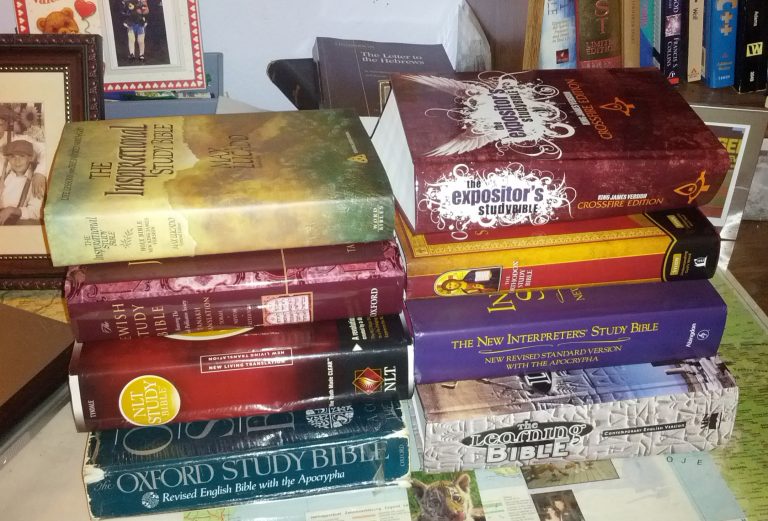Aim It at Yourself First
One of the key things I say in teaching Bible study is: “Aim it at yourself first.”
Now that’s a hard one to follow, and it doesn’t mean one can never discover what a text means for someone else. Rather, it’s a focus. I need to look at what I need to change. You need to look at what you need to change. But, of course, with the second sentence, I’m aiming it at you!
Nonetheless, if I look at myself first, I think I will tend to be less judgmental.
This focus is also important in the participatory Bible study method for which this blog is named. In fact, there is little new in Bible study, and little new in the method except for the emphasis on sharing. I imagine some wonder how “sharing” has to do with aiming it at yourself first. That’s because many of us are used to hearing the word “sharing” with reference to telling other people what we know.
But sharing can and should be much more than that, not to mention less of that. Sharing is a form of accountability. Academics are acquainted with this type of sharing. One of the things I miss from graduate school is how easy it was to find someone who was studying a similar subject to mine. I could then present them with some idea I had, and they’d tear it apart. As a result, I’d be able to refine, or possibly discard my idea before wasting too much time.
People outside of academic circles come up with ideas all the time from their Bible study. Sometimes they just dismiss them, assuming they can’t possibly know something the author of their Sunday School literature didn’t know. Other times, they build up a list of eccentric ideas that haven’t been tested.
You can avoid either of these results by sharing. That means talking to other people about your ideas and listening to what they say. It means finding people who are not in your inner circle, who might think very differently, and hearing their point of view. Listening doesn’t mean you accept everything you hear. It just means you hear it, take the time to understand it, and then evaluate it, and your own ideas in light of it.
Now for a link. Pete Enns posted today on the difference between a spiritual journey and a religious journey. He’s talking about just one key, but I think he has an excellent point. I think you’ll see how it relates. His title is Losing My Religion (At Least That’s the Plan).
